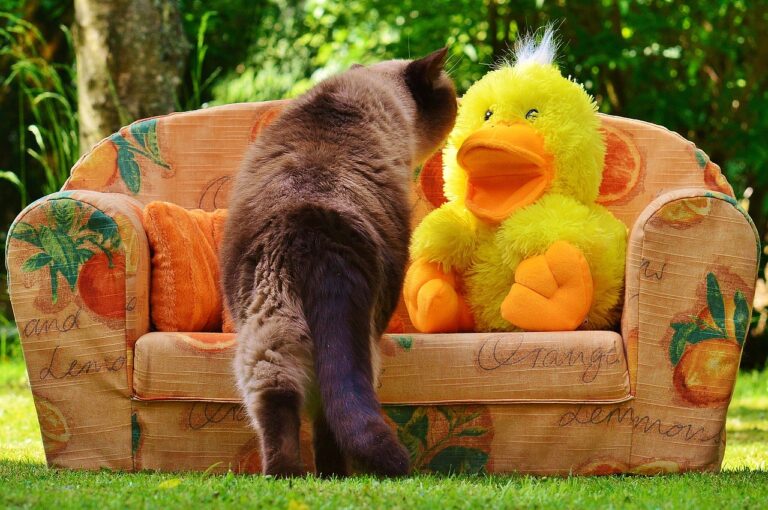The Psychology of Viral Memes: Why Some Go Global
Viral memes have become an integral part of internet culture, spreading rapidly across various online platforms. Their origins can be traced back to the early days of the internet, where simple text-based memes paved the way for the more complex and dynamic content we see today. As social media platforms evolved, so did the nature of memes, with users creating and sharing content that resonated with a wider audience.
The rise of platforms like Reddit, 4chan, and later on, Facebook, Twitter, and Instagram, provided fertile ground for memes to flourish and spread like wildfire. Memes are often born out of cultural references, current events, or even simple everyday observations that resonate with people on a personal level. This innate ability to tap into the collective consciousness of the online community is what gives viral memes their staying power and widespread appeal.
The Role of Emotions in Memes
Emotions play a crucial role in the success of memes. Memes that evoke strong feelings like humor, nostalgia, or empathy tend to resonate with a wider audience. Memes that tap into universal emotions have the power to quickly spread and go viral across various social media platforms. Users are more likely to share and engage with content that elicits an emotional response, making emotional appeal a key factor in meme virality.
Furthermore, emotions can help create a sense of connection and relatability among individuals who consume memes. When people see a meme that reflects their own feelings or experiences, they are more likely to feel a sense of validation and camaraderie with others online. This emotional connection can lead to increased engagement as users feel compelled to interact with and share content that makes them feel understood or entertained. In essence, emotions act as a driving force behind the viral nature of memes in today’s digital landscape.
The Importance of Relatability
When it comes to viral memes, relatability plays a crucial role in their success. Memes that resonate with a wide audience by reflecting common experiences, emotions, or situations are more likely to be shared and spread rapidly across social media platforms. Whether it’s a funny anecdote, a relatable struggle, or a shared cultural reference, the key to a meme going viral often lies in its ability to strike a chord with a diverse range of individuals.
By tapping into universal themes and emotions, relatable memes have the power to foster a sense of connection and camaraderie among people from different backgrounds. The ability to find humor or solidarity in a meme that mirrors their own thoughts or feelings can bring individuals together in a digital space, creating a shared experience that transcends geographical or cultural boundaries. This sense of belonging and shared understanding is what often propels relatable memes to viral status, as they spread like wildfire among online communities seeking a moment of connection and validation.
What makes a meme go viral?
Memes often go viral when they are relatable to a wide audience and evoke strong emotions.
How do emotions play a role in memes?
Emotions are a key factor in the success of memes, as they help to create a connection with the audience and make the content more shareable.
Why is relatability important in memes?
Relatability is important in memes because it allows people to see themselves in the content, which makes it more engaging and likely to be shared with others.







